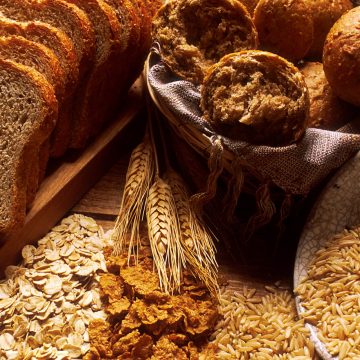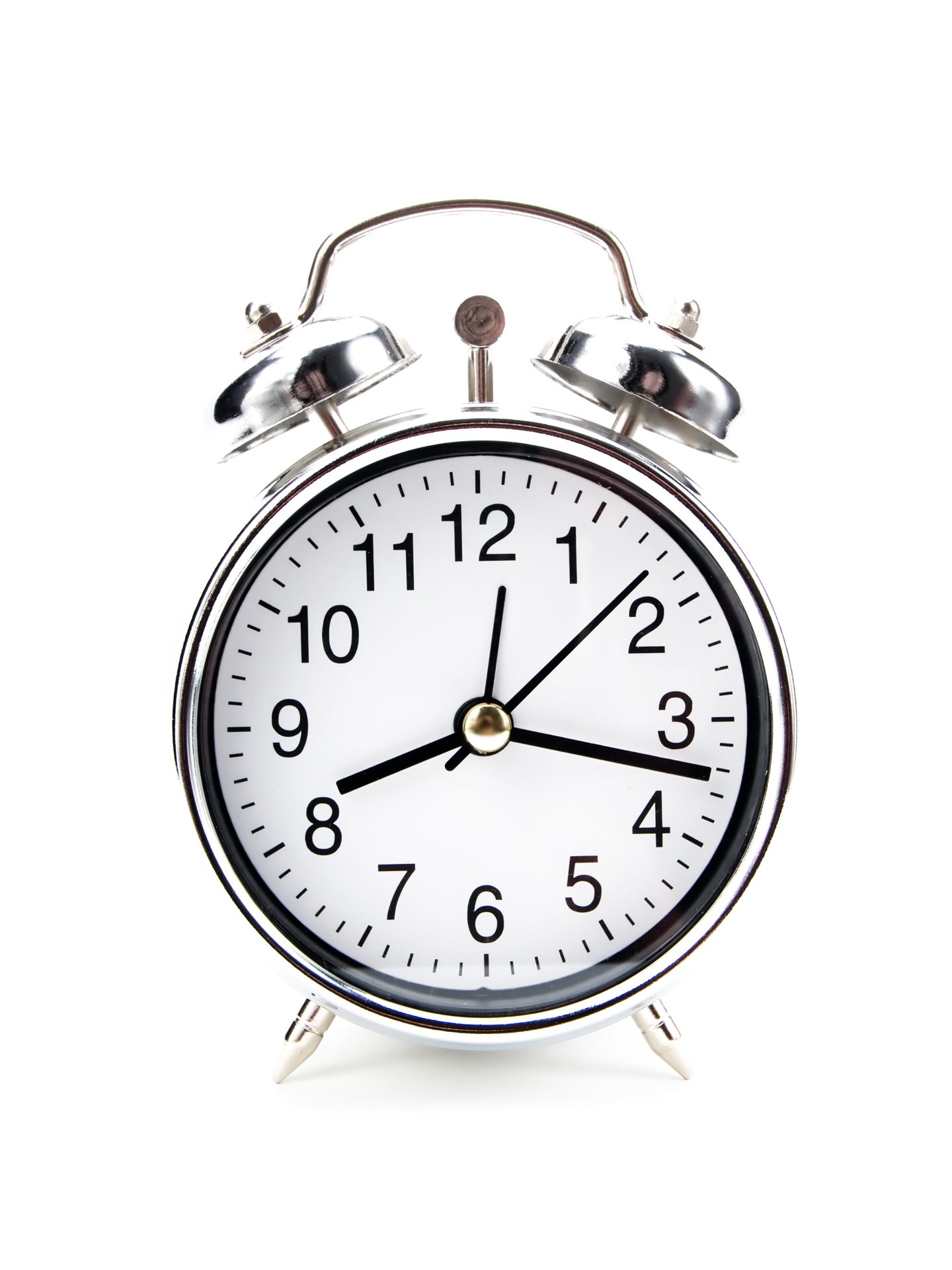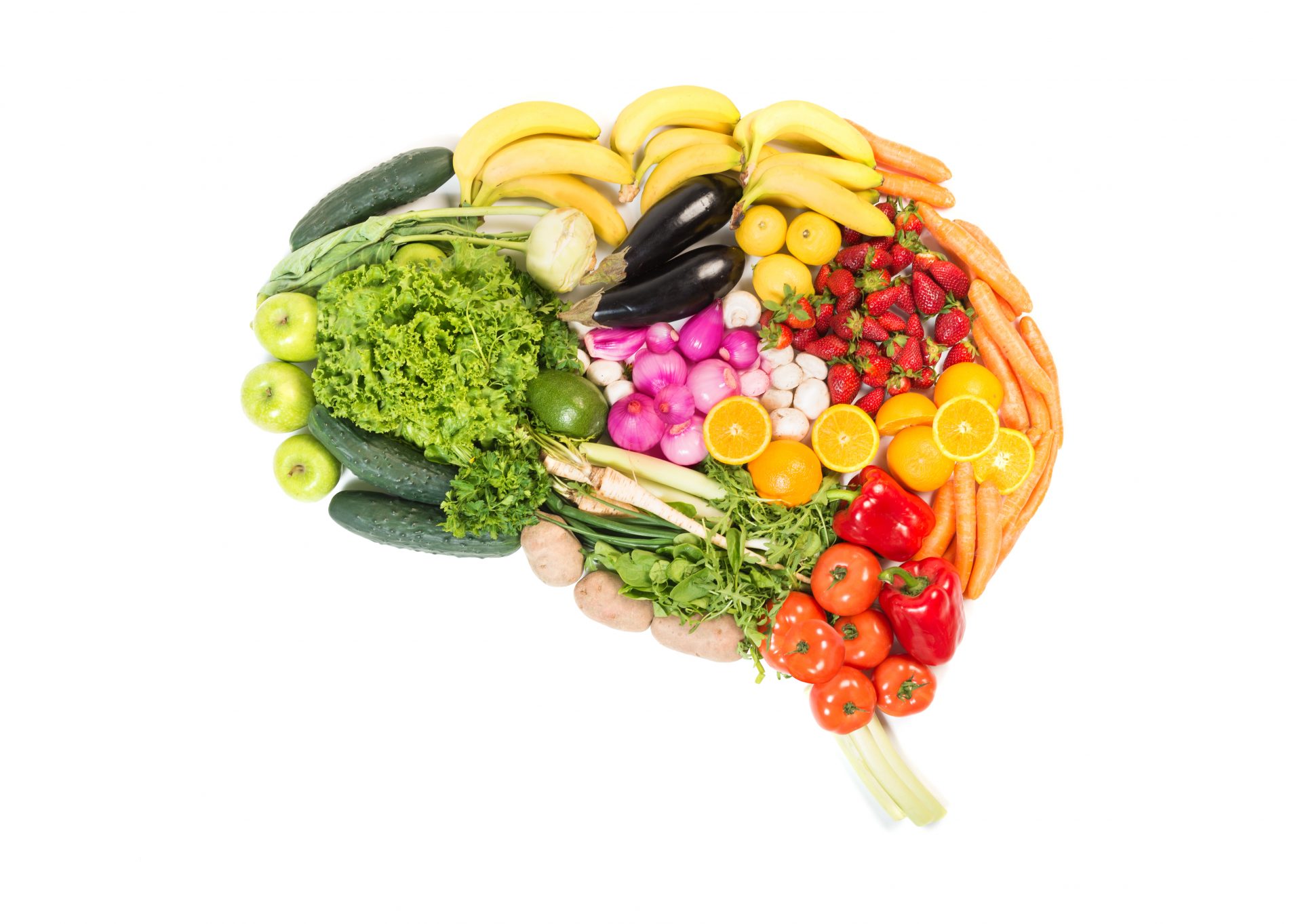Did you know that your food choices can affect the way you feel? Energy slumps, feeling low and difficulty sleeping can be contributed by poor food choices.
Improving your diet may help to:
- Improve your mood
- Give you more energy
- Help you think more clearly.
Below are our top tips to boost your mood through food!
Choose the right carbohydrates
Our brain runs primarily on glucose which we get from eating carbohydrate rich foods. Severely restricting carbohydrates can make you feel grumpy and tired as the brain is no longer getting an adequate glucose supply.
Better carbohydrate choices for sustained energy release:

Fruit

Wholegrains like grainy bread, brown rice and oats

Sweet potatoes

Milk and yoghurt
Limit these refined carbohydrates as they raise blood glucose levels too quickly:
- Soft drink
- Juice
- Snack foods like biscuits and chips
- Lollies and chocolate
- White bread
Timing is important
When you eat can have an effect on your mood:
- Going long periods of time without eating can cause a drop in blood glucose levels, leading to feeling tired and irritable.
- Overeating to the point of feeling uncomfortable can make you feel tired and lethargic.
- Eating regular meals will help maintain steady blood glucose levels and an even mood.

Eat more plant foods
Plant foods include vegetables, legumes, fruits, grains and nuts and seeds. Many of these are high in fibre. The good bacteria in our large intestine can help to manage our mood and stress levels. Eating foods high in fibre supports the good bacteria to help us feel happier.
Eat protein rich foods
Protein is essential to a good mood. Foods like fish, red meat, poultry, eggs and legumes contain amino acids. Tryptophan is an important amino acid that helps increase the amount of serotonin that is made in the brain. Serotonin is known as the ‘happy hormone’ as it promotes feelings of calm and relaxation, whilst defending against depression. Include a source of protein with each main meal e.g. add eggs to your breakfast, some lean chicken to a sandwich or salad at lunch and include some lean meat or tofu with dinner.
Omega 3s
- Researchers have noted that omega-3 polyunsaturated fatty acids may help protect against depression.
- Omega 3’s are found in fatty fish, seafood, flaxseeds and walnuts.
- Try to have a couple of serves of oily fish like salmon or mackerel each week.
Watch the caffeine and alcohol
- Caffeine is a stimulant drug. Too much can keep you awake at night and reduce your sleep quality.
- Alcohol is a depressant which means it slows down brain activity. Initially you may feel relaxed, but it can worsen symptoms of depression.
- Drinking alcohol close to bedtime can decrease the quality of your sleep causing you to wake feeling groggy rather than refreshed.
Probiotics
Beneficial bacteria living in our digestive system play a crucial role in reducing anxiety, depression and our perception of stress. There are hundreds of species of bacteria in our gut, and it’s important to have more of the good kind of bacteria. Eating foods high in fibre, drinking plenty of water and including probiotics into your diet can help keep your gut healthy and your mood stable. Foods like yogurt, sauerkraut, kimchi, kombucha and fermented veggies are all high in probiotics.
Hydration
Over 70 percent of our brain is made up of water, so it makes sense that being dehydrated is going to compromise how we are feeling. Aim to drink 2 litres of fluid a day – mainly from water – to avoid headaches, poor concentration and low mood.

Remember
- Energy slumps, feeling low and difficulty sleeping can all be the result of poor food choices.
- Choose slow-release carbohydrates for a sustained energy release.
- Add lean proteins with your meals to increase production of serotonin, the happy hormone.
- Include oily fish and nuts and seeds in your diet for omega 3s to help fight depression.
- Understand your limits with caffeine and alcohol as these can affect your mood.
- Eat plenty of plant foods to help look after the good bacteria in our gut.
- Keep hydrated!
- To learn more about food and mood visit the Food and Mood Centre – www.foodandmoodcentre.com.au
